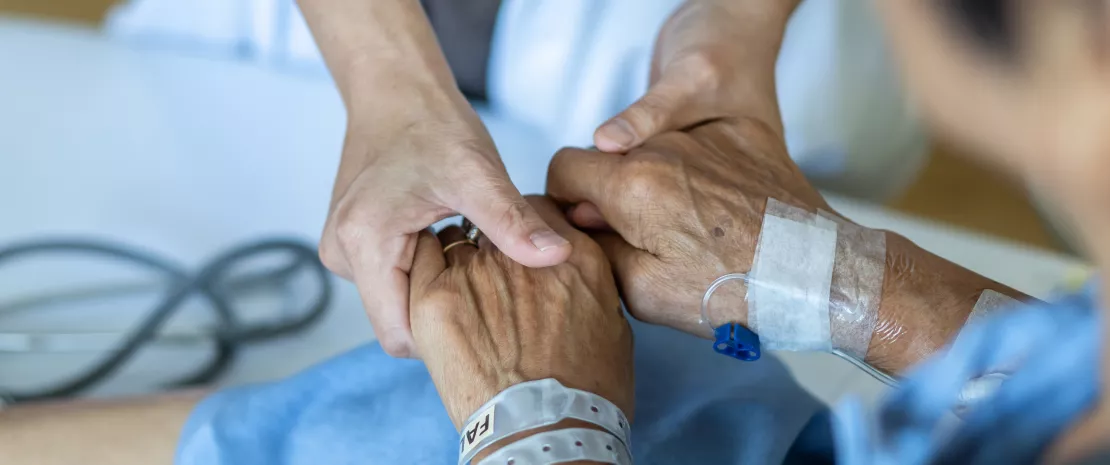Gut microbiota and age-related frailty
Press review
By Pr. Markku Voutilainen
Turku University Faculty of Medicine; Turku University Hospital, Department of Gastroenterology, Turku, Finland
Lay public section
Find here your dedicated section
Sources
This article is based on scientific information
Sections

About this article
Author
The authors have reviewed the role of gut microbiota and dysbiosis in the development of age-related frailty.[1] The physical manifestations of frailty are weight loss, muscle weakness, fatigue, sedendary lifestyle and slow gai. Muscle weakness is due to sarcopenia characterized by loss of both muscle mass and function, e.g. strength and power. The prevalence of sarcopenia is 5–13% and 11–50% in persons aged 60–70 and over 80 years, respectively.
Aging is characterized by increased inflammatory responses, endothelial dysfunction, changes of the immune system an increased nitrosative stress. With increasing age, the gut microbiome shows decreased biodiversity and increased number of pathogens. The changes are typical for persons aged over 65 years, and are attributable to altered diet composition caused by reduction in appetite, loss of dentition and chewing efficiency, swallowing disorders and malabsorption. Changes in microbiota are not uniform, but may be associated with geographical location, habitat, lifestyle (smoking, alcohol consumption), physical activity, the use of antibiotics and other medication as well as genetic factors. The most typical age-related microbiome changes are the diminution of butyrate-producing bacteria (Bifidobacteria, Firmicutes) and the increase of Bacteroides. There is a tendency to increasing number of opportunistic pathogens that may increase gut permeability. However, interindividual heterogeneity is wide.
Dysbiosis is associated with reduced muscle protein synthesis (anabolic resistance) leading to sarcopenia. The reduction of the short-chain fatty acids may have a central role in the disordered muscle energy and protein metabolism. Dysbiosis may also reduce the bioavailability of dietary amino acids and disturb vitamin metabolism of skeletal muscle cells. The main mechanisms of dysbiosis-induced sarcopenia are anabolic resistance, inflammation, disturbed mitochondrial metabolism, oxidative stress, and insulin resistance.
Deficient nutrition and physical inactivity have central role in the pathogenesis of sarcopenia and they also have major impact on gut microbiota. Conversely, gut dysbiosis may modulate systemic inflammation, muscle protein synthesis, insulin sensitivity and energy metabolism. At present, there is no evidence of specific microbiota composition of sarcopenic patients. The present review, however, supports the concept that gut microbiota mediates the effects of nutrition on muscle cells (“gut-muscle axis”).







